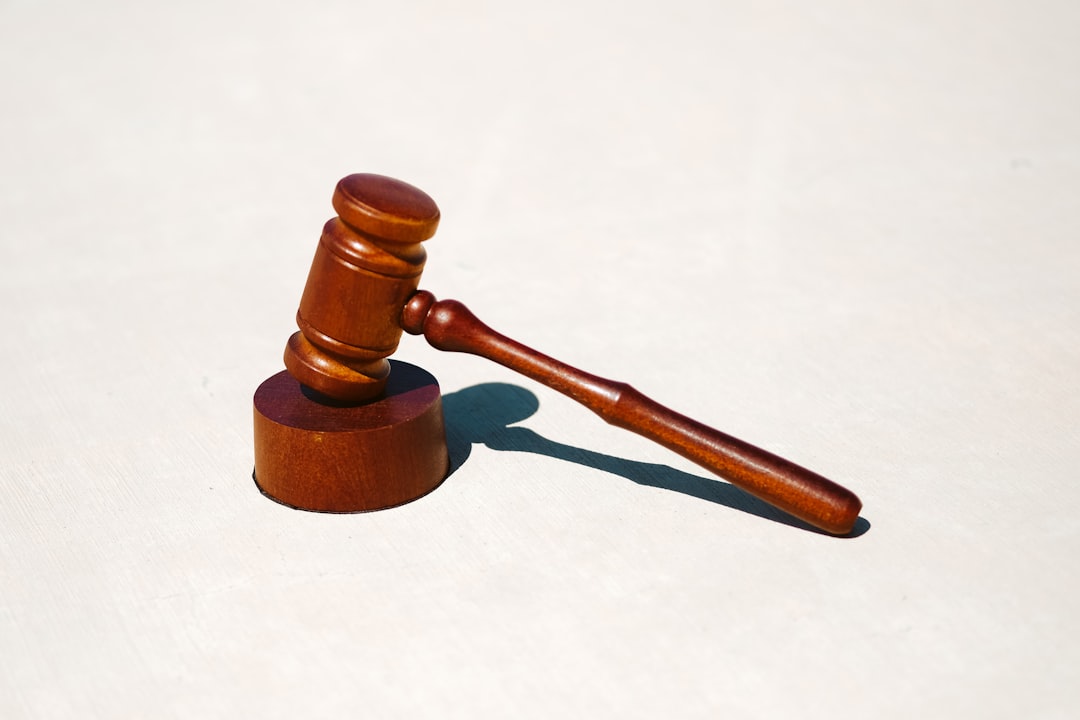Forensic evidence, including DNA, physical, and digital proof, plays a pivotal role in rape trials, aiding Jersey City NJ rape attorneys in administering justice. Swift law enforcement action and expert analysis are crucial for preserving and interpreting this evidence, which connects the crime scene, victim, and defendant. Attorneys navigate complex forensic data, dispelling misconceptions, to ensure fair trial outcomes, especially with multifaceted proof linking accused individuals to crime scenes.
In the pursuit of justice, forensic evidence plays a pivotal role in rape trials, especially in diverse urban settings like Jersey City, NJ. This article delves into the intricate world of sexual assault forensics, highlighting its significance in legal proceedings. We explore the swift collection and preservation of evidence, common types utilized by rape attorneys in Jersey City NJ, and dispel misconceptions surrounding this critical aspect. Understanding these factors is essential for both legal professionals and the public, as it shapes the outcome of cases involving rape attorneys in Jersey City NJ.
Understanding Forensic Evidence in Sexual Assault Cases

Forensic evidence plays a pivotal role in rape trials, providing crucial insights that can help justice be served. In sexual assault cases, this includes physical and biological proof collected from the victim and the suspected perpetrator, such as DNA samples, hair follicles, and fibers. These pieces of evidence are meticulously analyzed by experts to determine their relevance and significance, which can either exonerate or incriminate an individual. Rape attorneys in Jersey City NJ often rely on these findings to build or challenge cases, ensuring a thorough and fair legal process.
Understanding the intricacies of forensic evidence is essential for both legal professionals and the public. It helps dispel myths and misconceptions surrounding sexual assault cases, where lack of visible injuries might lead to skepticism. By demonstrating the existence and power of forensic science, it becomes easier for rape attorneys in Jersey City NJ to navigate complex trials, relying on concrete facts rather than subjective beliefs. This approach not only strengthens the prosecution’s case but also offers victims a sense of justice and reassurance that their experiences are being taken seriously.
The Importance of Rapid Collection and Preservation in Rape Trials

In rape trials, the rapid collection and preservation of forensic evidence are of paramount importance to ensure justice is served. The initial steps taken by law enforcement and medical professionals can significantly impact the strength of the case against the accused, particularly in complex legal jurisdictions like Jersey City NJ. Prompt action ensures that physical evidence, such as DNA samples, clothing fibers, or other bodily fluids, is collected and stored properly, preserving its integrity for subsequent analysis. This timely process is crucial because it minimizes the risk of contamination or degradation, which could undermine the credibility of the evidence in court.
Rape attorneys in Jersey City NJ emphasize the critical role of forensic experts who can expertly handle and interpret these evidence pieces. They work closely with law enforcement to ensure that every procedure follows strict protocols designed to maintain the admissibility of the evidence. This collaborative effort is vital for building a compelling case, as it allows prosecutors to connect the dots between the crime scene, the victim, and the defendant, ultimately aiming for a fair and just outcome.
Common Types of Forensic Evidence Used by Rape Attorneys in Jersey City NJ

In rape trials, forensic evidence plays a pivotal role in securing justice. Rape attorneys in Jersey City NJ often rely on several key types of evidence to build robust cases for their clients. One common category is DNA evidence, which can be collected from various sources like bodily fluids, hair, or skin cells left at the scene or on the victim. This genetic material can match the accused’s profile, providing strong support for the prosecution.
Another crucial type is physical evidence, such as fibers, fingerprints, and photographs. Forensics experts examine these to establish a link between the suspect and the crime. For instance, matching fibers from a suspect’s clothing to those found at the scene can strengthen the case. Additionally, digital evidence, including text messages, social media posts, or surveillance footage, can offer insights into the sequence of events, motives, and the accused’s whereabouts during the incident, enhancing the overall credibility of the prosecution’s argument.
Challenges and Misconceptions Surrounding Forensic Evidence in Rape Cases

Forensic evidence plays a pivotal role in rape trials, offering objective scientific data that can corroborate or refute allegations. However, navigating this evidence comes with its challenges. Misconceptions often surround its reliability, fueled by media portrayals and public ignorance of the intricate processes involved. This can lead to misunderstandings during trials, impacting the perception of the evidence and potentially affecting outcomes, especially in complex cases where multiple samples are involved.
Rape attorneys in Jersey City NJ, equipped with knowledge of these intricacies, must guide their clients through this landscape. They play a crucial role in interpreting forensic results, addressing misconceptions, and ensuring that the evidence is presented accurately to the jury. This strategic approach can significantly influence the trajectory of rape trials, underscoring the importance of legal expertise in handling such sensitive matters.





